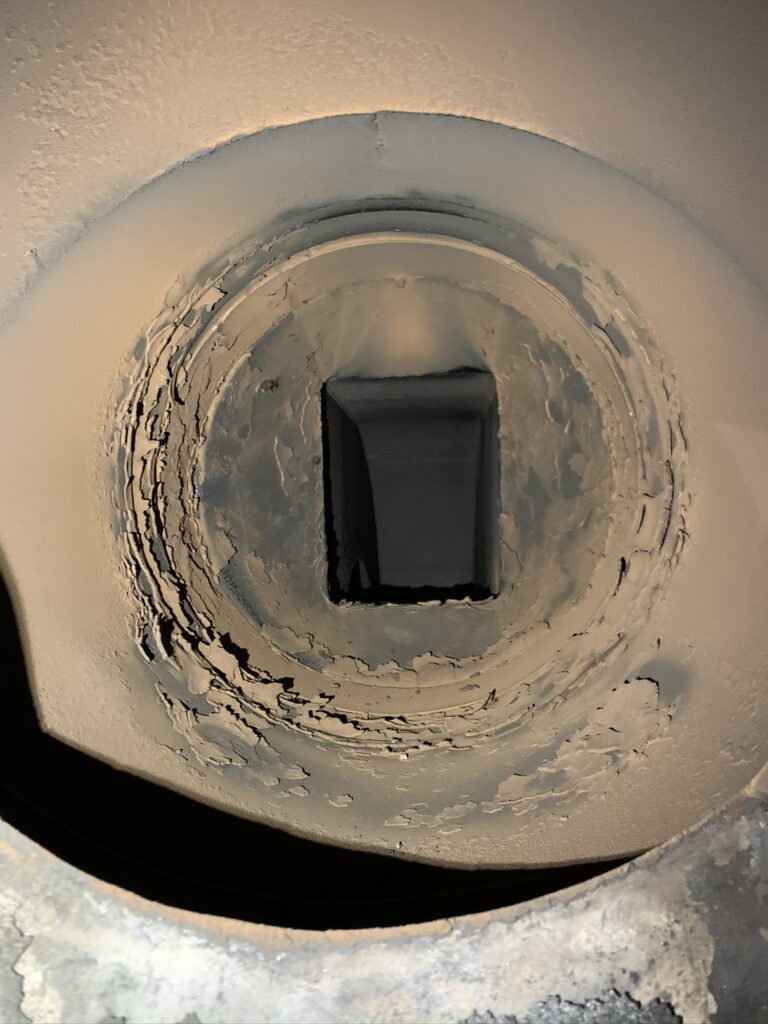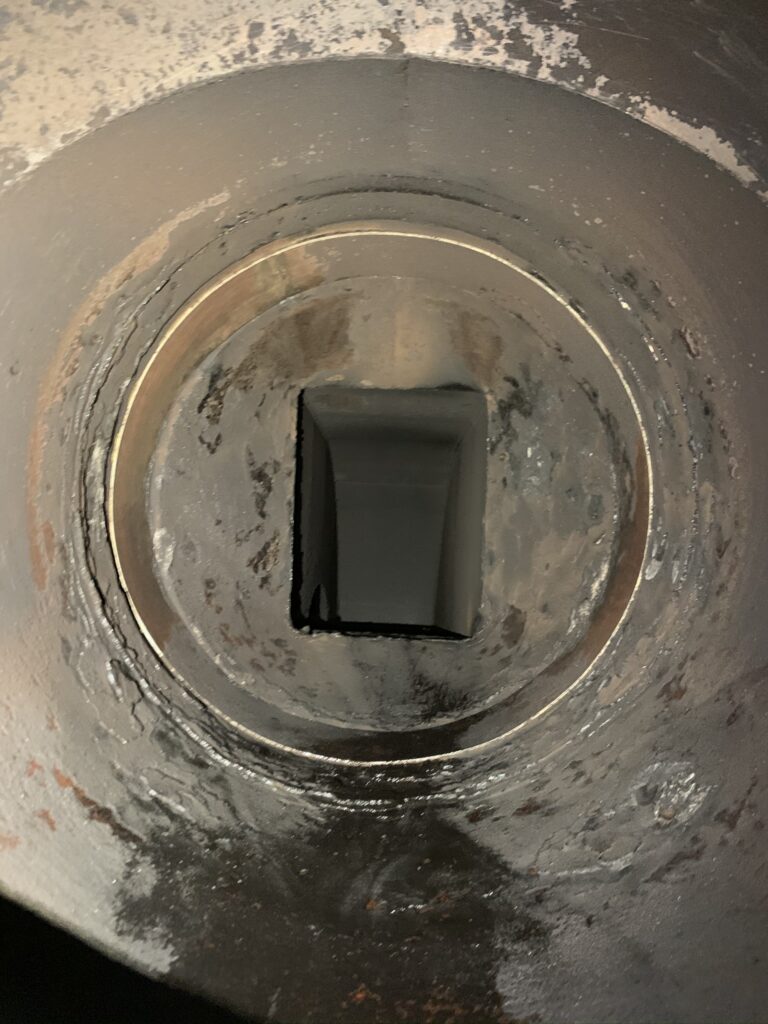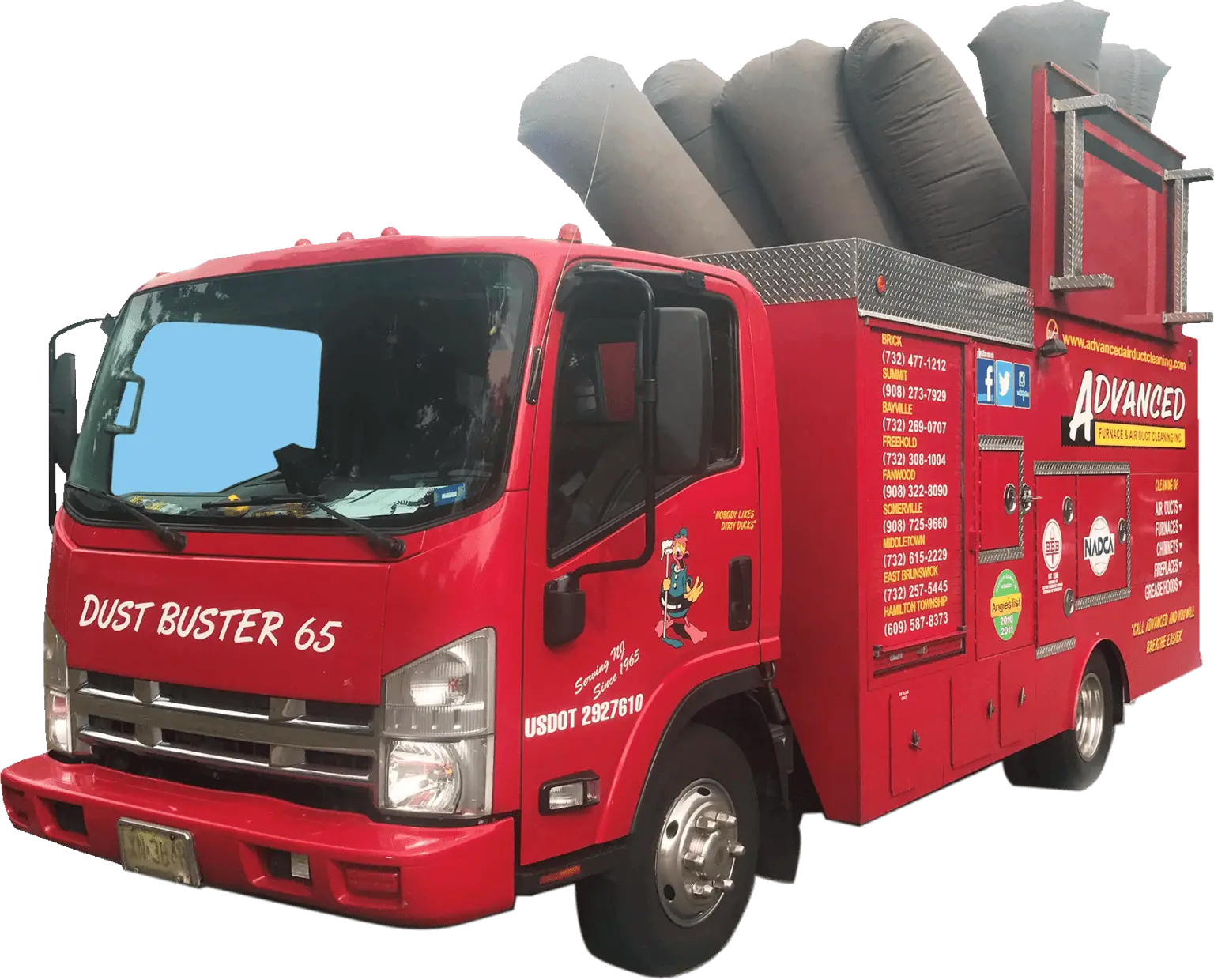Chimney Fires per year in the US that are responsible for over 125 million dollars in property damage.
The leading cause of fires in heating equipment is failing to keep it clean.
What Type of Chimneys Should be Cleaned?
Have a chimney? If Yes, you will need it cleaned
Any chimney that vents a fuel burning appliance, even non-wood-burning ones such as gas-fired or oil-fired boilers, furnaces, or water heaters, should be inspected and cleaned.


why clean the chimney?
The largest concern about owning a home with a chimney is the potential for chimney fires and blockage due to animals. Any fuel source can be a hazard and potential for fire starting.
Oil burning appliances still have soot build up that can block the chimney and cause deadly carbon monoxide to leak in the home
Both gas and oil byproducts can combine with water that condenses from the exhaust to create a solution that is corrosive enough to damage the flue liner and eventually, allow flue gasses into your home
Build up on the chimney flue restricts air flow causing the appliance and/or boilers to malfunction or burn richer
our chimney cleaning process
1.
STEP ONE
First, the hose from our power vacuum truck is hooked into the base of the chimney.
2.
STEP TWO
Next, the technician will go to the place where the chimney exits.
3.
STEP Three
Then, the technician will use a chimney brush and clean the entire flue from top to bottom as our vacuum truck removes any debris.
4.
STEP FOUR
Additionally, the technician will inspect the chimney cap to ensure it is in good working condition. If not, the technician will recommend a replacement.
5.
STEP FIVE
Finally, the technician will clean out the damper and fire box area with a hand brush and ensure the damper is in good working order.

